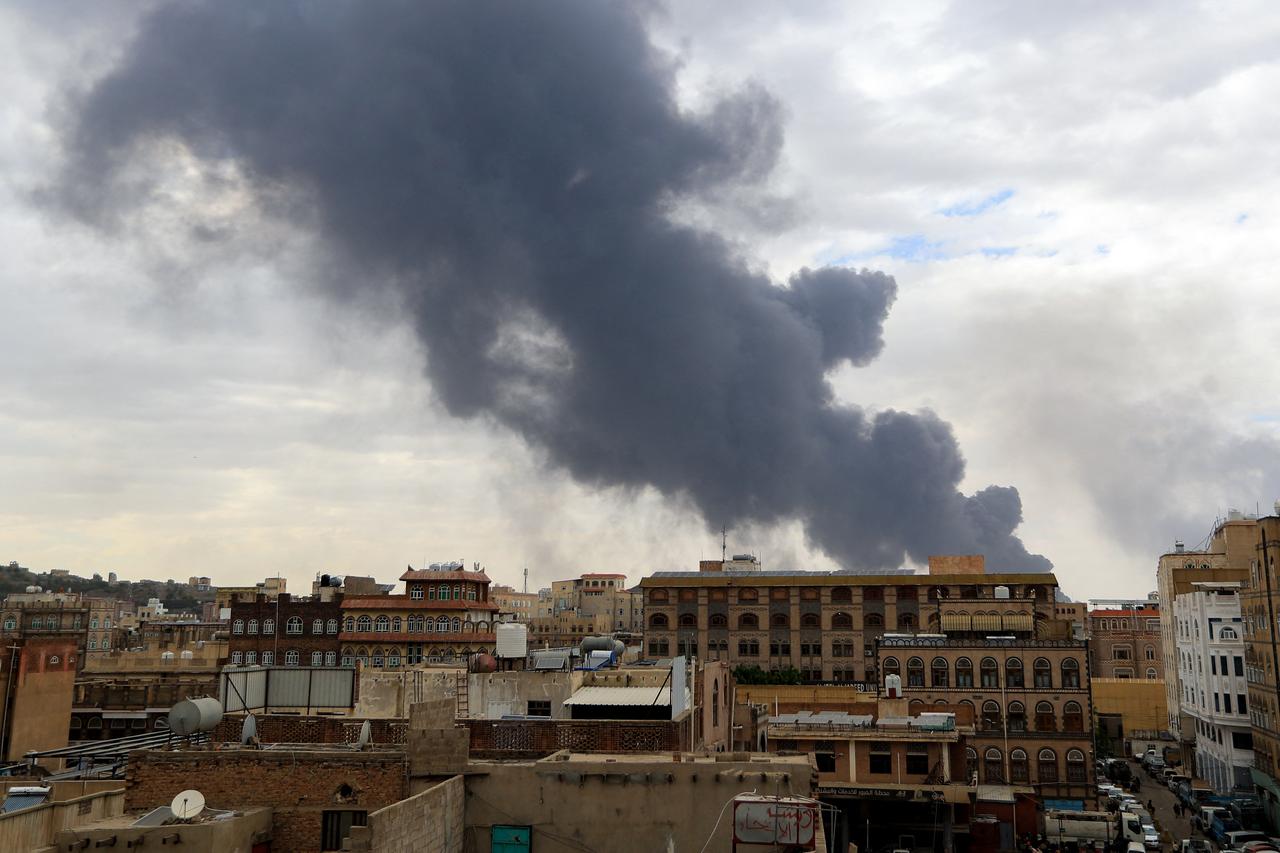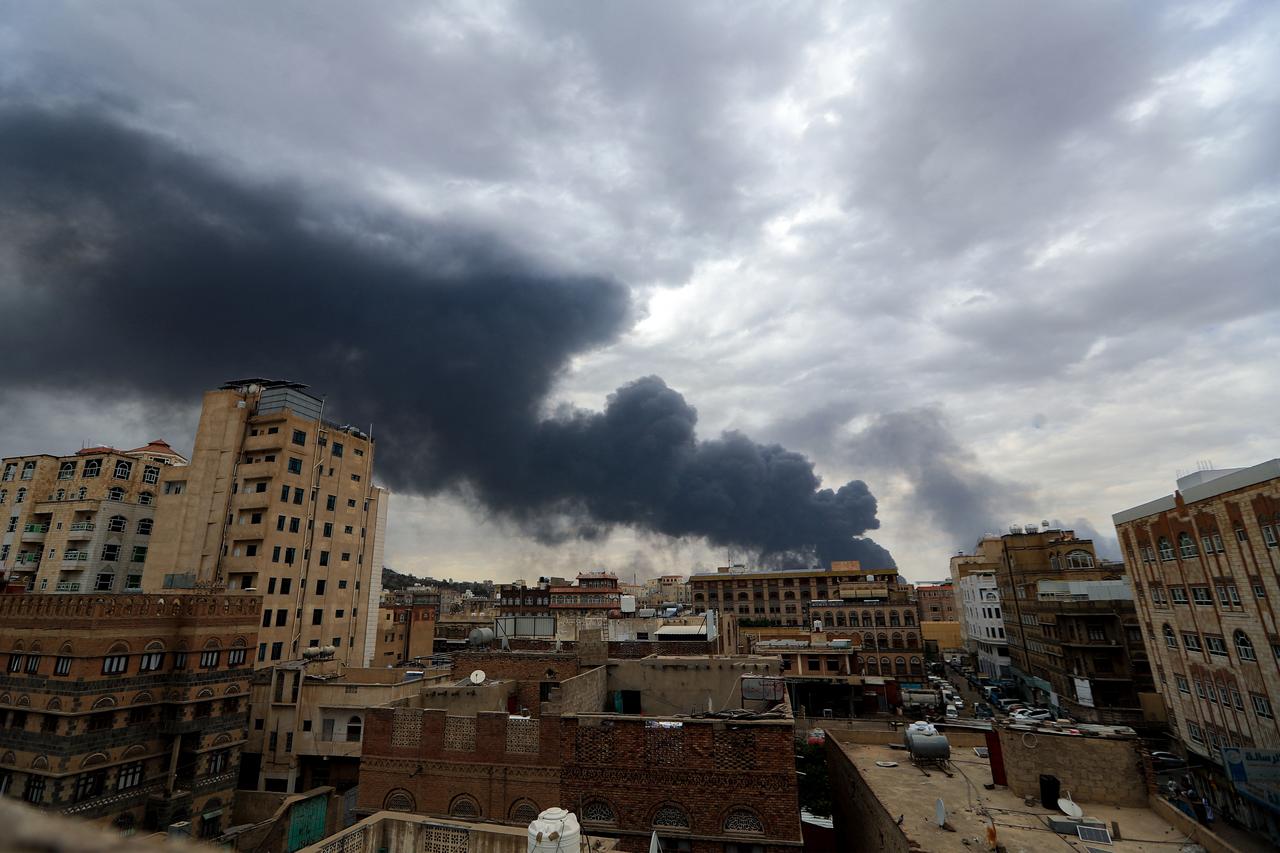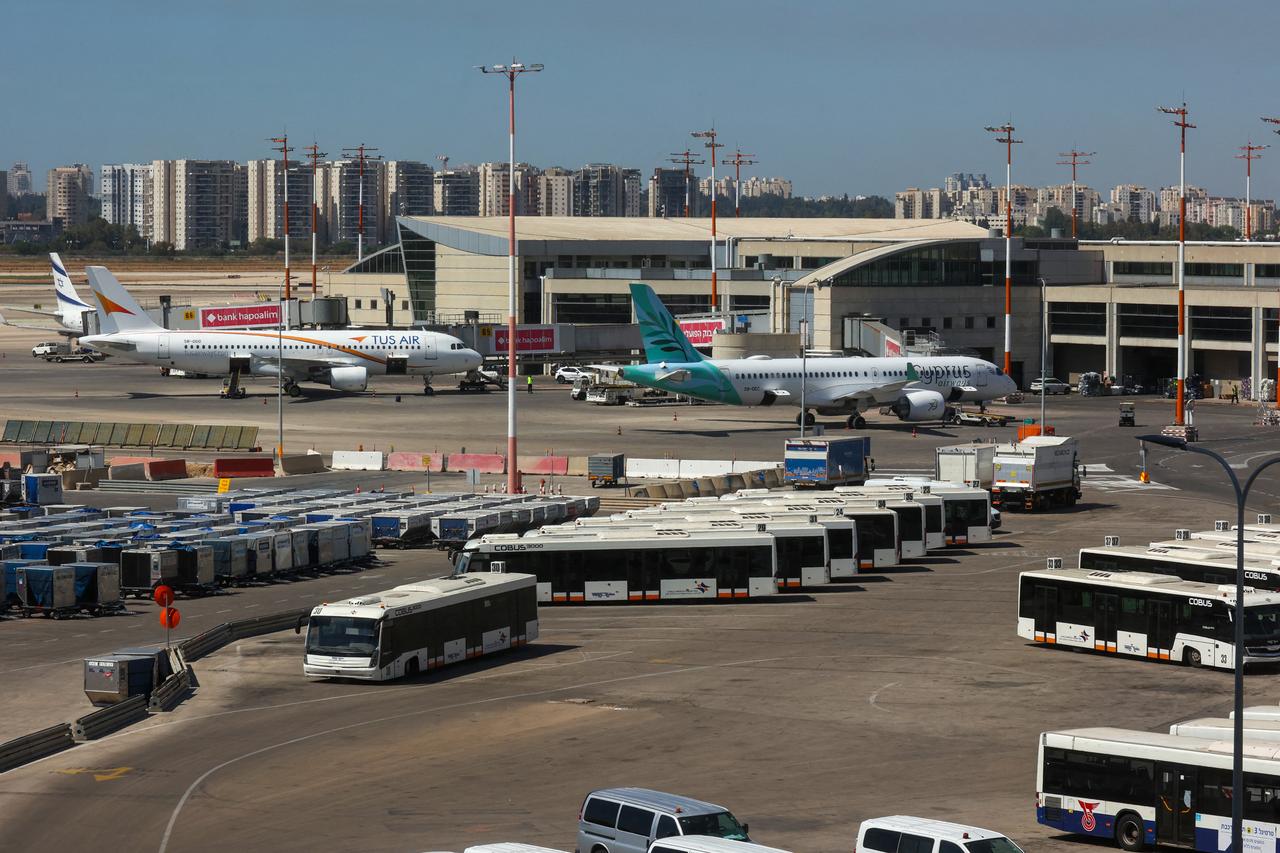
Israeli fighter jets launched airstrikes on Yemen’s capital, Sanaa, on Tuesday, targeting the main airport and power stations in retaliation for a missile attack by the Iran-backed Houthi rebels.
The strikes come after escalating tensions between Israel and the Houthi rebels, who have repeatedly targeted Israeli and international assets in the region. The airstrikes, confirmed by Israel's military and Houthi media, hit multiple locations, including Sanaa International Airport, several power plants in the surrounding area, and a cement factory in Amran, north of the capital.
The Israeli military stated that its fighter jets "struck and dismantled Houthi terrorist infrastructure" at Sanaa’s airport, which it claims has been used by the rebels for military purposes, including the transfer of weapons and operatives.
"Israel's military operations are aimed at dismantling the Houthi regime's military infrastructure," an Israeli military statement read. "These strikes are a direct response to the Houthi missile attack on Israel’s Ben Gurion Airport on Sunday."
"The airport, similar to the port of Hodeidah, which was attacked last night, is used by the Houthi terrorist organization to transfer weapons and operatives, and is regularly operated by the Houthi regime for terrorist purposes. This is another example of the Houthi terrorist organization's use of civilian infrastructure for terrorist operations. In addition, several central power stations in the Sana'a area were also attacked, which the Houthi terrorist regime exploits as a significant electricity supply infrastructure for the terrorist regime, another example of the Houthi regime's use of the Yemeni people and their civilian infrastructure for terrorist purposes," Israeli army statement continued. .
"The "Al-Imran" concrete factory north of the city of Sanaa was also attacked, an important resource for the Houthi terrorist regime and used to build the organization's tunnels and military infrastructure. The attack on the factory constitutes a blow to the terrorist regime's economy and its military buildup," statement added.

The airstrikes come after Houthi rebels launched a missile on Israel’s main airport on Sunday, which successfully penetrated the perimeter of the airport and left a large crater near a car park. Although the missile attack caused no fatalities, it prompted significant security concerns, and several international airlines suspended flights to and from Israel.
In response to the Houthi missile, Israeli Prime Minister Benjamin Netanyahu vowed to take strong military action.
"The actions by the Houthis against our airport and civilians will not go unpunished," Netanyahu said in a statement following the attack.
Before launching the strikes on Tuesday, the Israeli military issued a warning to civilians in the vicinity of Sanaa International Airport, urging them to evacuate immediately. "Failing to evacuate may put you at risk," Israeli military spokesman Avichay Adraee wrote on social media. The warning was followed by a map showing the red zone around the airport and advising civilians to stay away from the area. .

The airstrikes on Monday, which targeted Yemen’s key port of Hodeidah and a cement factory, resulted in at least four deaths and 35 injuries, according to the health ministry. The strikes have further compounded the ongoing humanitarian crisis in Yemen, where millions of people are facing severe food and water shortages amid years of conflict.